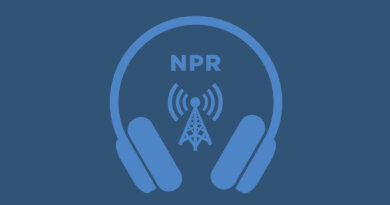Celiac Disease and Higher Risk of Women’s Health Disorders
Nov. 1, 2023 – Women with celiac disease face a much higher risk of other health complications, including ovarian failure, endometriosis, and pregnancy loss, a large new study suggests.
“The key message here is that celiac disease is associated with higher odds of women’s health disorders,” said researcher Rama Nanah, MD, a clinical hospitalist at the Cleveland Clinic. Women with celiac disease should be aware of these associations, and doctors should be careful to check for any additional risks, she said.
Compared to women without the condition, those with celiac disease also had significantly higher rates of polycystic ovary syndrome, irregular menstruation, and infertility.
The study found that women with celiac disease have a six times greater chance of primary ovarian failure, a 2½ times higher chance of endometriosis, and twice the odds of repeated pregnancy loss – compared to women without celiac disease.
But researchers couldn’t figure out why celiac disease raises these risks in women.
They looked at rates of health disorders in 9,368 women with celiac disease and another 25 million women without the condition matched for age, race, and body mass index using a national database of medical claims.
More Common in Women
The number of people diagnosed with celiac disease continues to grow, and it remains more common among women, Nanah said at ACG 2023 in Vancouver, Canada, a major conference sponsored by the American College of Gastroenterology. Other researchers, for example, report women are about twice as likely as men to be diagnosed with celiac disease.
Diagnosis was based on a positive blood test, biopsy results, and/or a code in the records that a woman had dietary counseling regarding celiac disease.
Nanah and colleagues included girls and women 10 to 60 years old. Those 10 years to 18 years old with celiac disease were almost four times more likely to have what’s known as delayed menarche, in which a girl does not begin menstruating by age 15 or within 3 years from the time adult breasts start to form. In the next age group, women 19 to 35, those with celiac disease had higher rates of polycystic ovary syndrome, or PCOS, endometriosis, and infertility. Women 36 to 45 with celiac disease also had higher rates of these three disorders, as well as menopausal disorders including premature menopause. Women 46 to 60 also had higher rates of menopausal disorders if they were diagnosed with celiac disease.
The study adds to previous research than linked celiac disease to higher rates of complications during pregnancy, labor, and delivery. Nanah said their large study could help clear up some prior contradictory evidence about these associations and adds a new link to higher rates of PCOS in women with celiac disease.
The large number of women from a diverse outpatient population were strengths of the research. Because it used data collected for reasons other than research, some factors, like the effect of diet on the rates of health disorders, could not be determined.
Closer Follow-Up Recommended
The study suggests that girls and women with celiac disease should have tests done for these other health conditions. The research is impactful “because it allows us to keep in mind co-existing conditions that may affect our patients’ quality of life, including infertility,” session co-moderator Shannon Chang, MD, a gastroenterologist at NYU Langone Health in New York City, said when asked to comment.
Because doctors cannot do much more for people with celiac disease than suggest a gluten-restricted diet, most of those affected do not return for frequent medical care, Chang said. The message for primary care doctors and OB/GYNs is to consider these other conditions in women with celiac disease and bring patients back for regular follow-up visits.



